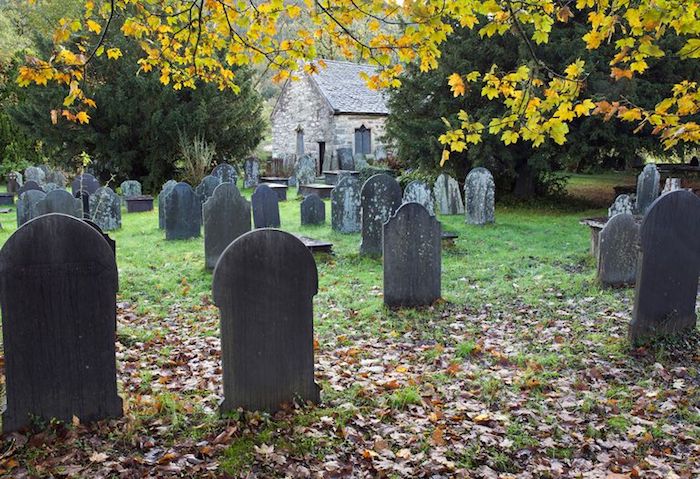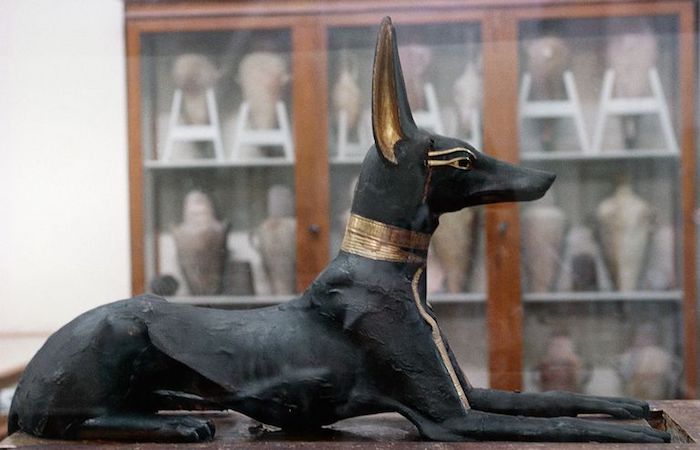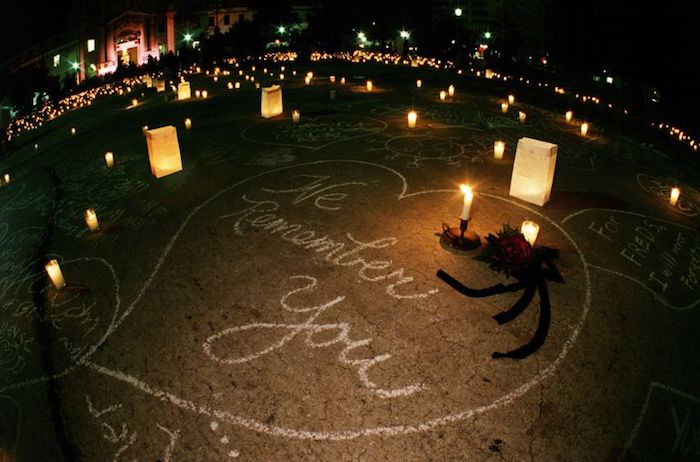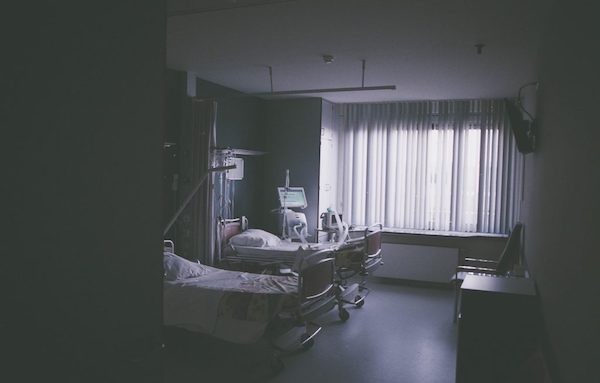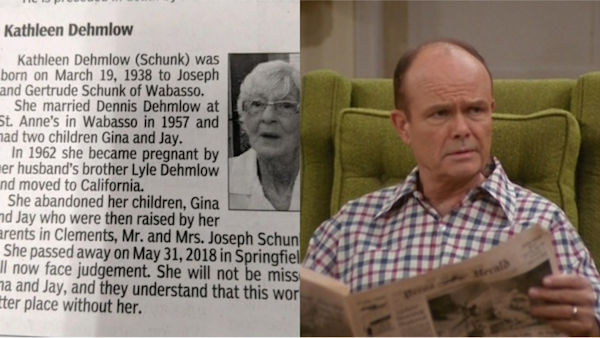She encouraged her husband to find new love after she was gone. A year later, he reflects on what her generosity has meant to him.

By Jason B. Rosenthal
I am that guy.
A little over a year ago, my wife, Amy Krouse Rosenthal, published a Modern Love essay called “You May Want to Marry My Husband.” At 51, Amy was dying from ovarian cancer. She wrote her essay in the form of a personal ad. It was more like a love letter to me.
Those words would be the final ones Amy published. She died 10 days later.
Amy couldn’t have known that her essay would afford me an opportunity to fill this same column with words of my own for Father’s Day, telling you what has happened since. I don’t pretend to have Amy’s extraordinary gift with words and wordplay, but here goes.
During our life together, Amy was a prolific writer, publishing children’s books, memoirs and articles. Knowing she had only a short time to live, she wanted to finish one last project. We were engaged then in home hospice, a seemingly beautiful way to deal with the end of life, where you care for your loved one in familiar surroundings, away from the hospital with its beeping machines and frequent disruptions.
I was posted up at the dining room table overlooking our living room, where Amy had established her workstation. From her spot on the couch, she worked away between micro-naps.
These brief moments of peace were induced by the morphine needed to control her symptoms. A tumor had created a complete bowel obstruction, making it impossible for her to eat solid food. She would flutter away on the keyboard, doze for a bit, then awake and repeat.
When Amy finished her essay, she gave it to me to read, as she had done with all of her writing. But this time was different. In her memoirs she had written about the children and me, but not like this. How was she able to combine such feelings of unbearable sadness, ironic humor and total honesty?
When the essay was published, Amy was too sick to appreciate it. As the international reaction became overwhelming, I was torn up thinking how she was missing the profound impact her words were having. The reach of Amy’s article — and of her greater body of work — was so much deeper and richer than I knew.
Letters poured in from around the world. They included notes of admiration, medical advice, commiseration and offers from women to meet me. I was too consumed with grief during Amy’s final days to engage with the responses. It was strange having any attention directed at me right then, but the outpouring did make me appreciate the significance of her work.
When people ask me to describe myself, I always start with “dad,” yet I spent a great deal of my adult life being known as “Amy’s husband.” People knew of Amy and her writing, while I had lived in relative anonymity. I had no social media presence and my profession, a lawyer, did not cast me into public view.
After Amy died, I faced countless decisions in my new role as a single father. As in any marriage or union of two people with children, we had a natural division of labor. Not anymore. People often assumed Amy was disorganized because she had list upon list: scattered Post-it notes, scraps of paper and even messages scrawled on her hand. But she was one of the most organized people I have ever met.
There are aspects of everyday life I have taken on that I never gave much consideration to in the past. How did Amy hold everything together so seamlessly? I am capable of doing many things on my own, but two people can accomplish so much more together and also support each other through life’s ups and downs.
Many women took Amy up on her offer, sending me a range of messages — overly forward, funny, wise, moving, sincere. In a six-page handwritten letter, one woman marketed her automotive knowledge, apparently in an effort to woo me: “I do know how to check the radiator in the vehicle to see if it may need a tad of water before the engine blows up.”
While I do not know much about reality TV, there was also this touching letter submitted by the child of a single mother, who wrote: “I’d like to submit an application for my mom, like friends and family can do for participants on ‘The Bachelor.’”
And I appreciated the sentiment and style of the woman who wrote this: “I have this image of queues of hopeful women at the Green Mill Jazz Club on Thursday nights. Single mothers, elegant divorcées, spinster aunts, bored housewives, daughters, wilting violets … all in anxious anticipation as to whether the shoe will fit, fit them alone, that the prince from the fairy tale is meant for them. That they are the right person.”
I couldn’t digest any of these messages at the time, but I have since found solace and even laughter in many of them. One thing I have come to understand, though, is what a gift Amy gave me by emphasizing that I had a long life to fill with joy, happiness and love. Her edict to fill my own empty space with a new story has given me permission to make the most out of my remaining time on this planet.
If I can convey a message I have learned from this bestowal, it would be this: Talk with your mate, your children and other loved ones about what you want for them when you are gone. By doing this, you give them liberty to live a full life and eventually find meaning again. There will be so much pain, and they will think of you daily. But they will carry on and make a new future, knowing you gave them permission and even encouragement to do so.
I want more time with Amy. I want more time picnicking and listening to music at Millennium Park. I want more Shabbat dinners with the five of us Rosies (as we Rosenthals are referred to by our family).
I would even gladly put up with Amy taking as much time as she wants to say goodbye to everyone at our family gatherings, as she always used to do, even after we had been there for hours, had a long drive home ahead of us and likely would see them again in a few days.
I wish I had more of all of those things, just as Amy had wished for more. But more wasn’t going to happen for her or us. Instead, as she described, we followed Plan “Be,” which was about being present in our lives because time was running short. So we did our best to live in the moment until we had no more moments left.
The cruelest irony of my life is that it took me losing my best friend, my wife of 26 years and the mother of my three children, to truly appreciate each and every day. I know that sounds like a cliché, and it is, but it’s true.
Amy continues to open doors for me, to affect my choices, to send me off into the world to make the most of it. Recently I gave a TED Talk on the end of life and my grieving process that I hope will help others — not something I ever pictured myself doing, but I’m grateful for the chance to connect with people in a similar position. And of course I am writing to you now only because of her.
I am now aware, in a way I wish I never had to learn, that loss is loss is loss, whether it’s a divorce, losing a job, having a beloved pet die or enduring the death of a family member. In that respect, I am no different. But my wife gave me a gift at the end of her column when she left me that empty space, one I would like to offer you. A blank space to fill. The freedom and permission to write your own story.
Here is your empty space. What will you do with your own fresh start?
Humbly, Jason
Complete Article ↪HERE↩!




